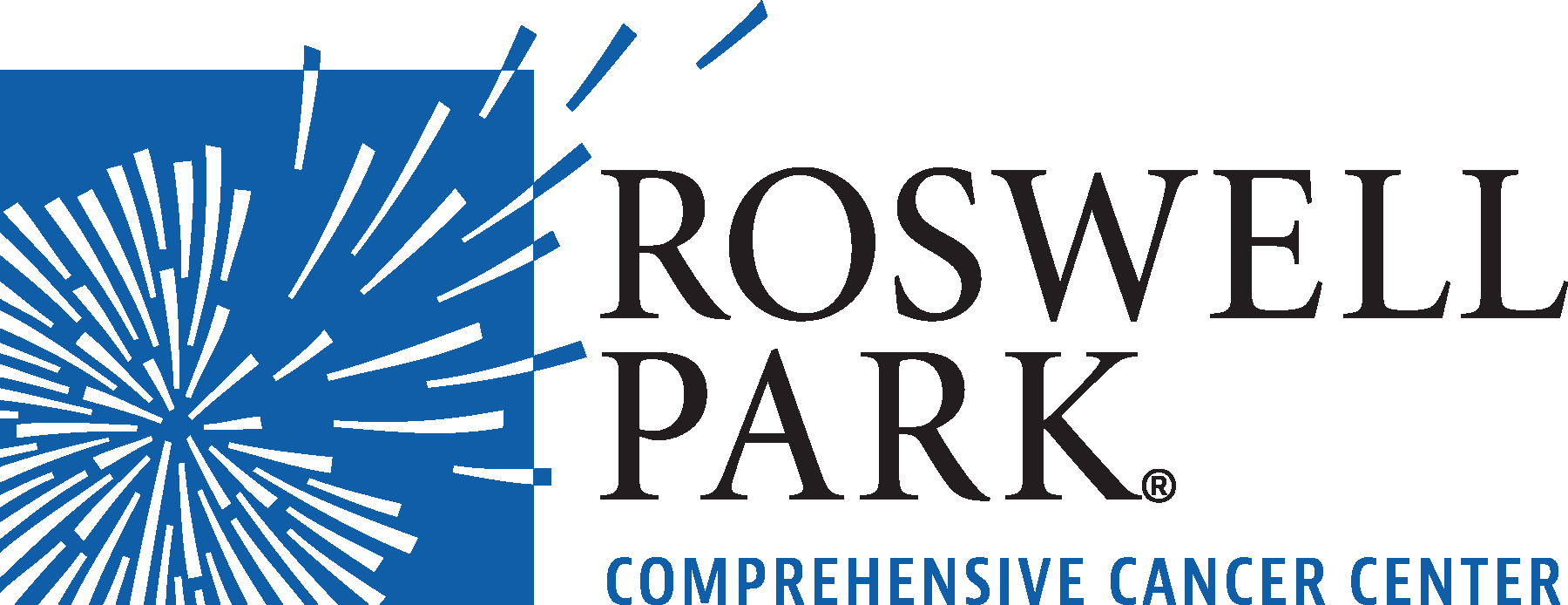- Trust among members of a medical team is vital during robotic surgery
- Certain EEG features can accurately measure trust levels among surgeons
- First study to measure trust using functional brain network interactions
Newswise — BUFFALO, N.Y. — Trust can be measured using electroencephalography (EEG) activity, according to a Roswell Park Comprehensive Cancer Center research and surgical team led by Khurshid A. Guru, MD, Director of Robotic Surgery, Director of the Applied Technology Laboratory for Advanced Surgery (ATLAS) and Chair of the Department of Urology. Their method, which uses brain activity patterns to objectively assess the level of trust between mentor and trainee during robot-assisted surgery, was recently detailed in Scientific Reports, a Nature journal.
Trust is a fundamental factor determining the success or failure of any given operation. Trust among members of a surgical team is particularly vital during robotic surgery, where the surgeon operates on a patient remotely by controlling robotic tools from a console.
Evaluation of trust levels is often difficult, because it generally relies on subjective measures such as opinions or feelings, which can be vague and unreliable. In an effort to devise a more objective and reliable means by which to measure trust, the Roswell Park team designed a study utilizing EEG activity of a surgical mentor monitoring the performance of a trainee acquiring the advanced skills and technical knowledge needed in the highly complex and often unpredictable environment of robotic-assisted surgery.
The brain activity of Dr. Guru, an expert surgeon with more than 10,000 hours of console time, was monitored via 24-channel EEG headset while another surgeon participated in either a simpler task (urethrovesical anastomosis) or a more complicated one (lymph node dissection). After the procedure, Dr. Guru also completed a subjective assessment of the trainee’s performance using a validated questionnaire. Somayeh B. Shafiei, PhD, of the Department of Urology then applied methods from machine learning classification to look for key features that might reflect the mentor’s assessment of a trainee surgeon’s level of competence in performing a given procedure.
Remarkably, the researchers found that EEG activity captured several key cognitive and functional brain features that can accurately distinguish between a good and poor performance.
“Functional brain network interactions hold information that allows us to measure trust in a reliable, concrete way,” says Dr. Shafiei, the first author of the study and a mechanical engineer who focuses on the human-machine interface in her role with the ATLAS program. “If brain activity alone, with no other communication method, can be used to objectively evaluate trust between a mentor and a trainee, then this framework can pave the way for programs that objectively evaluate or enhance surgical skills.”
“To the best of my knowledge, this is the first study to measure trust between members of a surgical team,” adds Dr. Guru. “Perhaps in the future, if a surgeon is operating and becomes unsure of his or her ability to perform a task or begins to fumble, an EEG-based program such as ours can capture that uncertainty and automatically switch control to another member of the surgical team. Because at the end of the day, it’s all about trust.”
This research, which was funded by donations to Roswell Park through the Roswell Park Alliance Foundation, lays the foundation for the development of trust-measuring protocols that train surgeons, strengthen relationships among members of the surgical team, and perhaps build better robots. It is also possible that such methods open avenues for automation and shared control in the human-robot surgical environment. Because this method uses EEG activity of the human brain, it can be used during any type of procedure and is not restricted to robot-assisted environments.
The study, “Functional Brain States Measure Mentor-Trainee Trust during Robot-Assisted Surgery,” was published online ahead of print and is available at nature.com.
###
This press release is also available on the Roswell Park website: https://www.roswellpark.org/media/news/brain-network-interactions-can-measure-trust-levels-among-teams-performing-robot-assisted. See a companion video at https://www.youtube.com/watch?v=BBT_XcYHaKw&feature=youtu.be.
Roswell Park Comprehensive Cancer Center is a community united by the drive to eliminate cancer’s grip on humanity by unlocking its secrets through personalized approaches and unleashing the healing power of hope. Founded by Dr. Roswell Park in 1898, it is the only National Cancer Institute-designated comprehensive cancer center in Upstate New York. Learn more at www.roswellpark.org, or contact us at 1-800-ROSWELL (1-800-767-9355) or [email protected].
